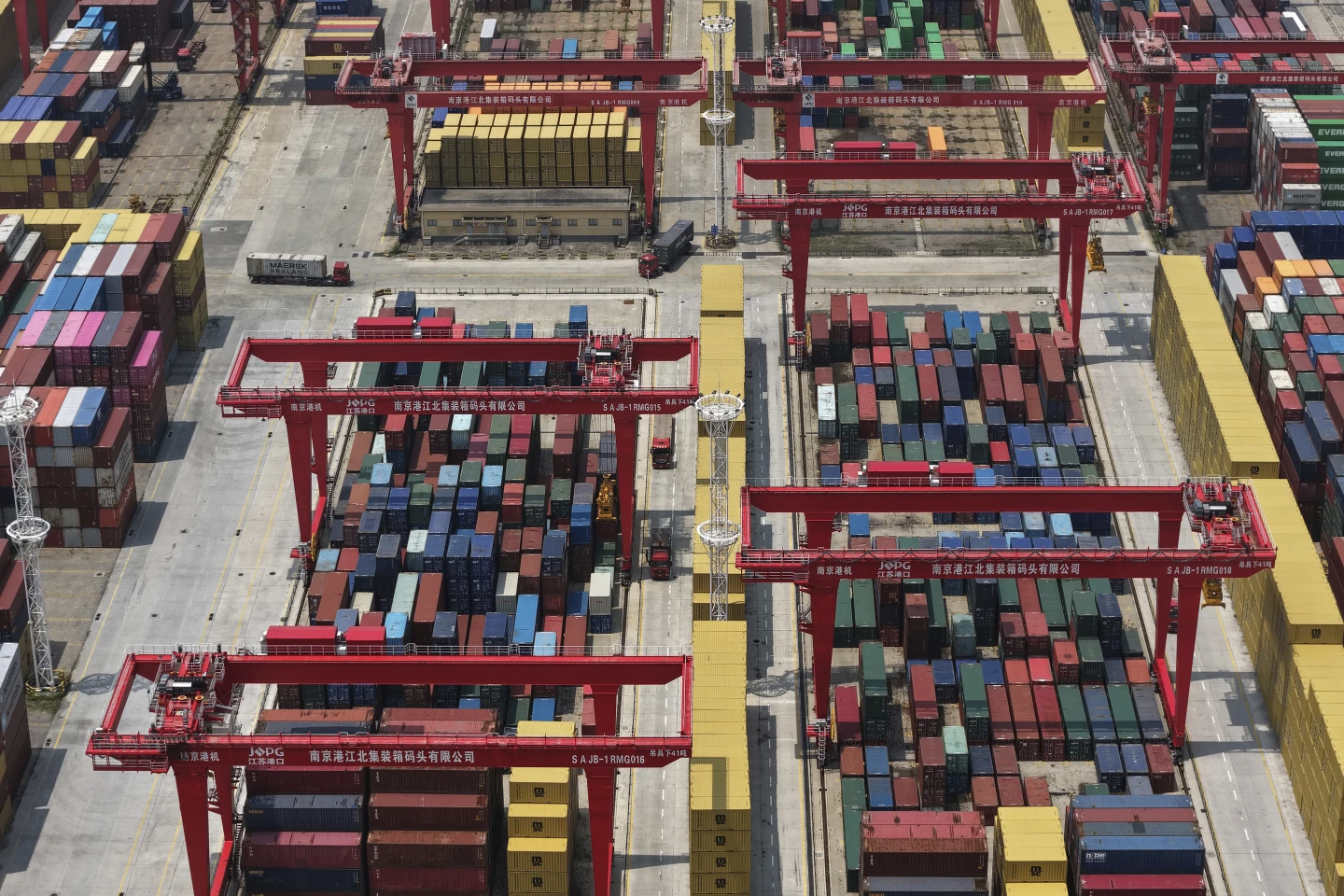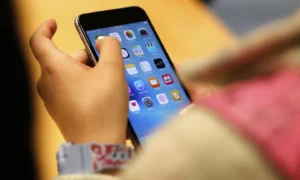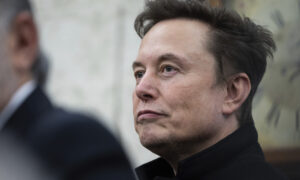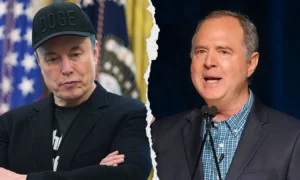At this week’s trade negotiations in London, the United States and China are likely to address a number of new disagreements that have shaken ties and jeopardized the tenuous truce over tariffs.
Last month in Geneva, the two sides reached an agreement to halt the trade war’s increasing tariffs—which had prompted worries of a recession—for 90 days.
Since then, tensions have flared between the two countries on a variety of issues, including visas for Chinese students at American colleges, “rare earths”—a key ingredient in artificial intelligence—and sophisticated semiconductors.
In an effort to restore relations, President Trump and Chinese leader Xi Jinping had a lengthy phone conversation last Thursday. The next day, Trump made the announcement on social media that Monday’s trade discussions will take place in London.
One big problem is technology.
A day following the announcement of the Geneva deal to “pause” tariffs for 90 days on May 12, the most recent frictions started.
U.S. export rules may be violated by using the Ascend AI chips manufactured by Huawei, a prominent Chinese technology corporation, according to guidelines released by the U.S. Commerce Department. Reason being, according to the instructions, the chips probably used American technology even though China has export prohibitions.
The U.S. side is urged by the Chinese side to swiftly rectify its incorrect practices, according to a spokeswoman from the Commerce Ministry.
Although he skipped Geneva, U.S. Commerce Secretary Howard Lutnick will attend the negotiations in London. According to analysts, it seems like the US is at least open to hearing China out on export limits.
China appears to be reducing its rare earth stance
The extraction and processing of rare earth elements is one field in which China has a distinct advantage. Motor vehicles aren’t the only things that rely on them; robotics and military hardware are among their many uses.
Export licenses for seven rare earth elements were mandated by the Chinese government in April. As a result, car manufacturers all around the globe were in a frenzy. Some were scared they might have to stop manufacturing if supplies ran low.
Trump attacked China on social media without bringing up rare earths by name.
“The terrible news is that China, maybe not unexpectedly to some, HAS TOTALLY VIOLATED ITS AGREEMENT WITH US,” Trump stated on May 30.
On Saturday, the Chinese government signaled that it is taking the concerns—also voiced by European businesses—very seriously. “Will continue to strengthen the approval of applications that comply with regulations,” the Commerce Ministry stated, adding that it has given certain permits.
In response to tariffs and other measures, China is showing it can play its hand well by rushing to find a solution to the rare earth problem.
Disputes escalate as a result of plans to cancel student visas
Despite the fact that student visas never come up in trade discussions, the United States’ recent statement that it will start revoking the visas of some Chinese students has become yet another sore spot in the relationship.
The claim that China had broken the consensus struck in Geneva was brought up by China’s Commerce Ministry last week when the question was broached.
In response, China claimed that the United States had broken the deal by announcing plans to revoke Chinese student visas, halting sales of chip design software to China, and establishing export control rules for artificial intelligence processors.
“The United States has unilaterally provoked new economic and trade frictions,” the ministry stated in a statement posted on its website.
It was said by U.S. Secretary of State Marco Rubio on May 28 that the US will “aggressively revoke visas for Chinese students, including those with connections to the Chinese Communist Party or studying in critical fields.”
During the 2023–24 school year, almost 270,000 Chinese students attended universities in the United States.







